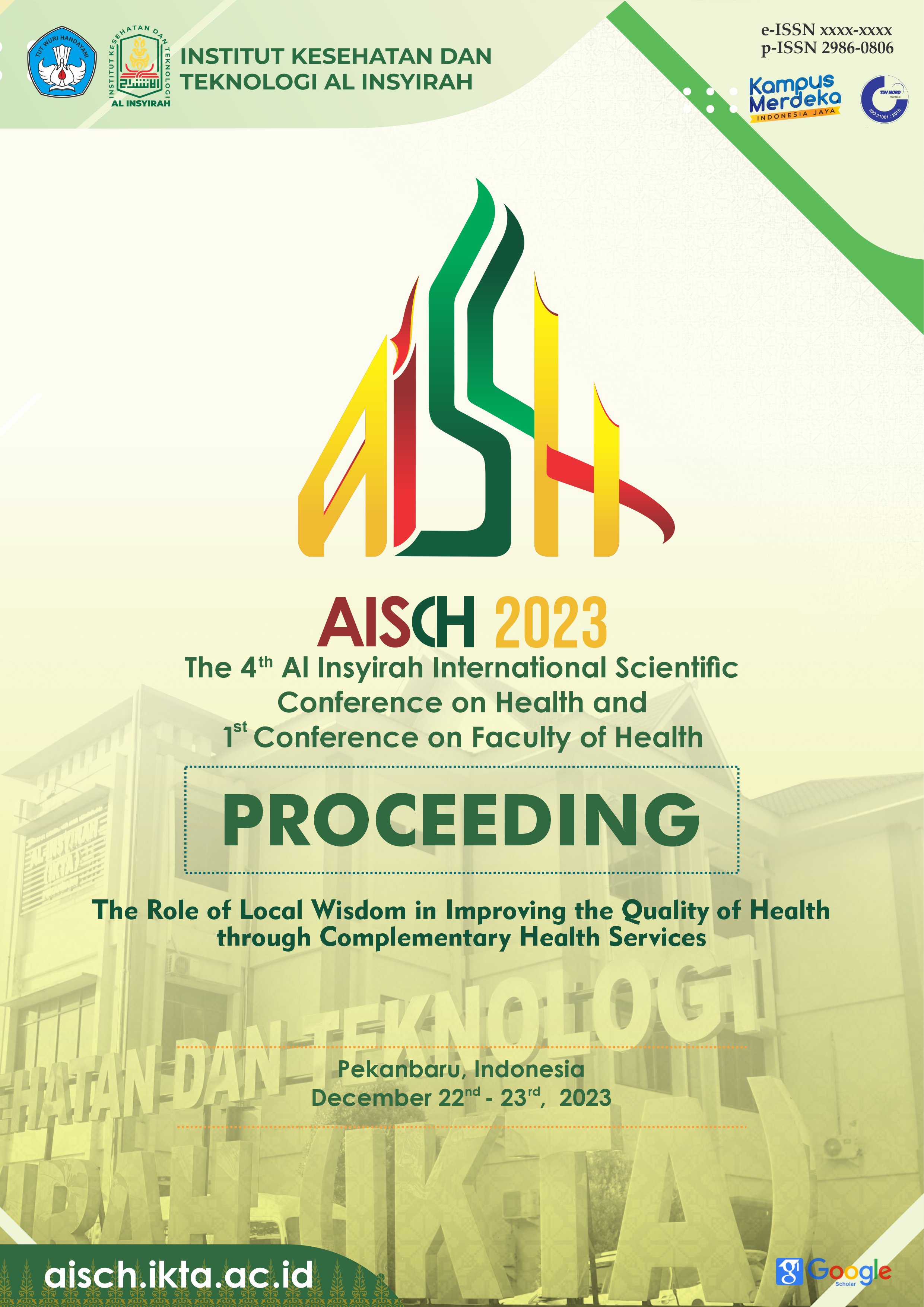THE EFFECTIVENESS OF HEALTH PROMOTION METHODS IN INCREASING THE KNOWLEDGE AND ATTITUDES OF HEALTH CADRES REGARDING EARLY DETECTION OF CERVICAL CANCER
Keywords:
early detection, cervical cancer, health cadres, health promotionAbstract
Cervical cancer is the second leading cause of female death in Indonesia. One way to prevent it is by early detection. To achieve the coverage of good early detection, it is necessary to increase public knowledge about hazards, risk factors, prevention, and early detection. To compare the effectiveness of health promotion methods in increasing the knowledge and attitudes of health cadres regarding early detection of cervical cancer. Quasi experimental. The subjects were health cadres in Nilam Sari Health Centre. Interventions in the form of counseling with videos or without videos concerning early detection of cervical cancer. The research design was a pre-test and post-test. The research instrument used a questionnaire with 30 knowledge questions and 19 attitude questions which were declared valid and reliable. The statistical test used was Wilcoxon test, Mann Whitney test, Pearson correlation test and multiple linear regression test. Out of 20 respondents, counseling with or without videos significantly increased the knowledge and attitudes of health cadres (p = 0,000), but this increase was not significantly different (p = 0.175 and p = 0.740). The outside variables that influence with negative correlation with knowledge are income (p = 0.006). The outside variable that influences the in attitude with a negative correlation is education (p = 0.009). Counseling with or without videos administration is not different to increase health cadres’ knowledge and attitudes.
Downloads
References
Rasjidi I. Epidemiology of cervical cancer. Indonesian Journal of Cancer. 2009; Vol. III No. 3:103-8
Everett T, Bryant A, Griffin MF, Martin-Hirsch PPL, Forbes CA, Jepson RG. Interventions targeted at women to encourage the uptake of cervical screening. Cochrane Database of Systematic Reviews 2011, Issue 5. Art. No.: CD002834. [DOI: 10.1002/14651858.CD002834]
Sankaranarayanan R, Budukh AM, Rajkumar R. Effective screening programs for cervical cancer in low- and middle-income developing countries. Bull of the WHO 2001; 79: 954-62
Decree of the Minister of Health of the Republic of Indonesia Number 430/MENKES/SK/IV/2007 concerning Guidelines for Controlling Cancer
Notoatmodjo S. Education and Health Behavior. Rineka Cipta. Jakarta. 2003
Sarwono S. Sociology of Health. Volume 2. Gadjah Mada University Press. Yogyakarta 1997
Gatewood JG, Litchfield RE, Ryan SJ, Myers Geadelmann JD, Perdergast JF, Ullom KK. Perceived barriers to community-based health promotion programs. American Journal of Health Behavior. 2008.32(3), 260-271.
Yuliwati, Helda, Ronoatmodjo S. Factors Associated with WUS Behavior in Early Detection of Cervical Cancer with IVA Method in the Prembun Community Health Center Area, Kebumen Regency, 2012. Thesis. Faculty of Public Health, University of Indonesia. Jakarta. 2012
Sarini NKM, Wahyono, Miko TY. Factors Associated with Pap smear examinations in women of childbearing age in Pacung Village, Tejakula II Health Center Working Area, Tejakula District, Buleleng Regency, Bali, 2011. Thesis. Faculty of Public Health. Jakarta. 2011
Notoatmodjo S. Health Promotion and Behavioral Science. Rineka Cipta. Jakarta. 2007
Emilia RC, Siagian A, Simanjuntak DH. The Influence of Exclusive Breastfeeding Education on the Knowledge and Attitudes of Pregnant Women in Mukim Laure-e, Simeulue Tengah District, Simeuue Regency, 2008. Thesis. Faculty of Public Health. University of Northern Sumatra. 2009
Downloads
Published
Issue
Section
License
Copyright (c) 2024 Al Insyirah International Scientific Conference on Health

This work is licensed under a Creative Commons Attribution 4.0 International License.


